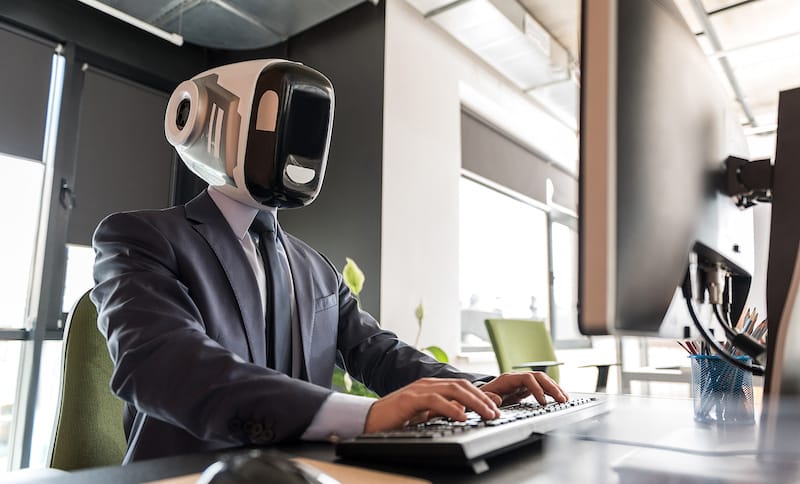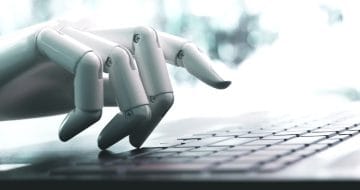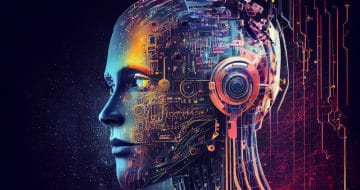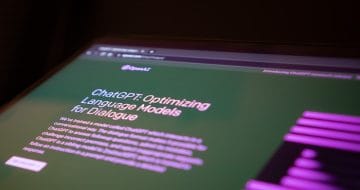Solicitor Baljinder Singh Atwal examines some of the main concerns

For anyone sceptical of new technology, this is for you.
My previous article explored some of the exciting possibilities of AI within law. From high tech legal research to extremely accurate executive summaries and public databases that could save us a vast amount of time and energy. With the gentle encouragement of the comments section, I now examine some of the main concerns and drawbacks with AI in the workplace.
Trust
With any new technology or method, there will be some reluctance and hesitation around fully implementing it in legal practice. Only once we have some of the most trusted brands and organisations leading the way with AI, do I think it will truly catch on. Consider what happened with virtual events and working during the pandemic — these transformed from tools rarely utilised, to a core practice that has reconceptualised the way we work. Similarly, once the trust is established with AI tools through a process of trying and testing, these are likely to change things forever.
Technology gap
As some organisations and law firms embrace technology quicker than others, we may see a gap in technology which will impact competition, clients, recruitment, retention and more. The improvement of small processes across large organisations will create streamlined work practices: from filling in a form to drafting an email, to legal research and creating a presentation. Through the pandemic, this was also seen where some legal teams adapted very quickly to being able to work remotely, signing documents electronically and conducting meetings with several people in different locations.
Data protection
The use and implementation of AI will often utilise large data sets which may have access to or include very sensitive information. The initial link between data and AI will need to be considered carefully as the growth of technology will inevitably increase cyber attacks, hacking attempts, fraud and more. In an increasingly connected world, international data transfers, privacy and storage will all need to be assessed.
Skills
As we become more reliant on technology and give AI the responsibility of basic admin tasks within the workplace, we may see some skills and practices slowly erode. Some similar examples can be seen through electronic maps and GPS when driving from the traditional skill set of map reading (if anyone reading this is old enough to remember an A to Z). Closer to the office environment was the transition from the written letter to an email. I think that the full implementation of AI at its best may heavily impact: basic legal research, minute/note taking, marketing/branding, preparing first drafts of documents and recruitment methods.
With the new year having been ushered in, it will be interesting to see how AI will change the legal profession and certain sectors. The pandemic brought virtual and remote working into everyone’s working life very quickly. Our knowledge and understanding of how powerful technology can be may give us that encouragement to implement AI quicker despite the above.
Baljinder Singh Atwal is an in-house solicitor at West Midlands Police specialising in commercial and property matters. He is co-chair of the Birmingham Solicitors’ Group and a council member at The Law Society representing junior lawyers nationally.


